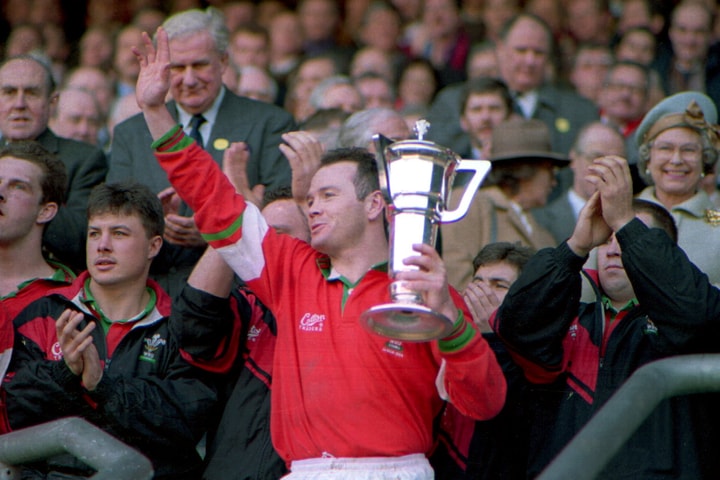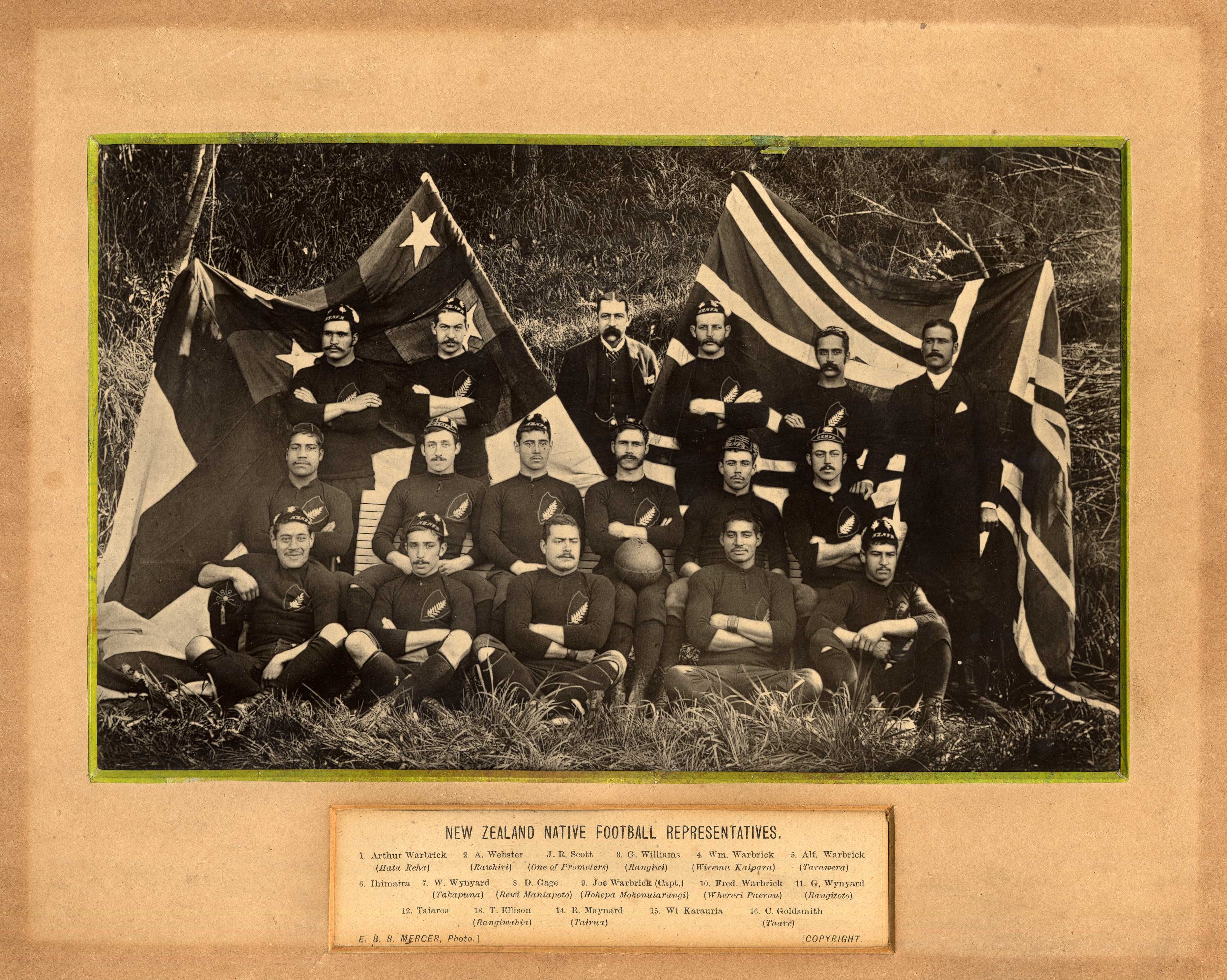
04 February 2026


The first rugby tour of the British Isles by an overseas team was undertaken by the New Zealand Natives side in 1888-1889. Originally to be called the Maoris, the team were named the Natives instead. Although several members were indeed Maori, several others were not and the majority were probably mixed race British-Maori.
From this tour we have some interesting items within the World Rugby Museum collection. In particular, the Museum is home to copies of the season ticket for this tour, a fixture card, as well as numerous photographs.

For the Natives tour of Britain, there were 74 games that took
place between 3rd of October 1888 and 27th of
March 1889. The New Zealanders brought 26 players with them for
this intensive schedule. They were captained by Joe Warbrick, who
was joined by no less than four Warbrick brothers. Warbrick is
considered to be the founding father of the Natives team. He worked
hard to create a team to play against England, personally
travelling through New Zealand in search of suitable players for
their international tour (Ryan 1993, 12-14).
Simultaneously, Thomas Eyton, an Englishman living  in New Zealand, was considering the possibility of a
strong contest between New Zealand rugby players and the English,
stating that 'if a team from [New Zealand] - especially Maori... -
could be taken to England…such a venture would prove a success in
every respect' (Eyton 1896, 5). The team also included
other notable figures, such as Thomas Ellison, who proved to be an
invaluable member of the touring team as a strong forward. Ellison
went on to become the first official New Zealand rugby team captain
in 1893. See Sean Fagan's article for a more
detailed account of the tour.
in New Zealand, was considering the possibility of a
strong contest between New Zealand rugby players and the English,
stating that 'if a team from [New Zealand] - especially Maori... -
could be taken to England…such a venture would prove a success in
every respect' (Eyton 1896, 5). The team also included
other notable figures, such as Thomas Ellison, who proved to be an
invaluable member of the touring team as a strong forward. Ellison
went on to become the first official New Zealand rugby team captain
in 1893. See Sean Fagan's article for a more
detailed account of the tour.
Sources:
About the Author - Jayne Linaker is from Melbourne and is an HLF Skills for the Future West London trainee in heritage learning, interpretation and participation. She submitted this article during a six-month traineeship at the World Rugby Museum.